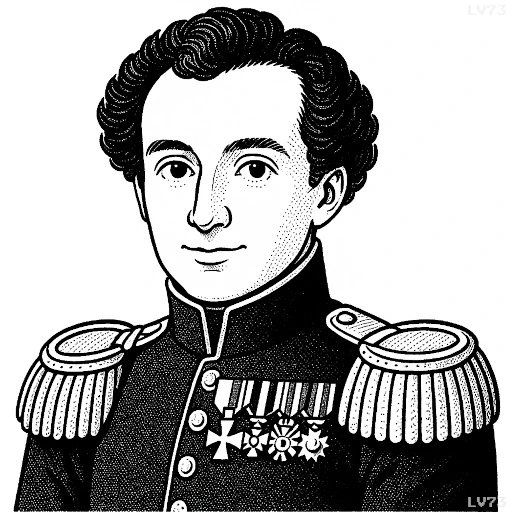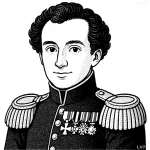“All action takes place, so to speak, in a kind of twilight, which like a fog or moonlight, often tends to make things seem grotesque and larger than they really are.”

- July 1, 1780 – November 16, 1831
- Born in the Kingdom of Prussia (now Germany)
- Military officer and military theorist
table of contents
Quote
“All action takes place, so to speak, in a kind of twilight, which like a fog or moonlight, often tends to make things seem grotesque and larger than they really are.”
Explanation
Carl von Clausewitz, a Prussian military theorist, is best known for his work On War, which explores the nature of conflict and its complexities. This quote highlights a key insight into how humans perceive action and conflict. The “twilight” represents the uncertainty and ambiguity that often cloud decision-making, especially in situations of stress or war. Clausewitz uses the metaphor of “fog” and “moonlight” to convey how limited visibility can distort the reality of a situation, leading to exaggerated perceptions of danger or importance. In warfare, this “fog of war” complicates the judgment of commanders, who must navigate through unclear information and shifting circumstances.
In modern contexts, the concept of the “fog of war” extends beyond the battlefield. It can be applied to political decision-making, business strategies, and even personal crises, where decision-makers often lack full information and are influenced by emotion or bias. The quote underscores the human tendency to overestimate threats or challenges in moments of uncertainty, something that is as true in the boardroom as it is on the front lines. For example, in contemporary geopolitics, leaders may react to perceived threats with disproportionate responses, fueled by incomplete or misinterpreted intelligence.
Clausewitz’s observation is a reminder that clarity is often elusive in complex situations. Leaders, both military and civilian, must recognize the distorting effects of uncertainty and try to make decisions based on the best available information, while being mindful of their own biases. The ability to see through the fog of war—or any fog of uncertainty—is a critical skill in managing both conflict and competition.
Would you like to share your impressions or related stories about this quote in the comments section?


